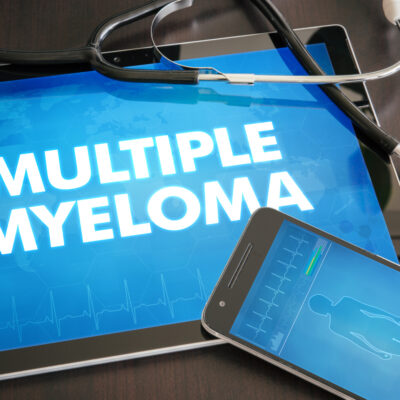
Symptoms and treatment options of Prostate Cancer
Prostate cancer is a common type of cancer that occurs in the prostate gland in men. The prostate gland is a tiny, walnut-shaped gland that produces a liquid which carries the sperm. Prostate cancer has a slow growth rate and may not cause serious harm in its initial stage. While some types of prostate cancer might require minimal treatment, some might spread aggressively and will need immediate medical attention.
To understand what is prostate cancer and how it can be treated, it is essential to first understand its symptoms.
Symptoms of prostate cancer
Listed below are some common symptoms of prostate cancer:
- Discomfort or trouble while urinating
- Traces of blood in semen
- Erectile dysfunction
- Pain in the bones, lower back or upper thighs
- Discomfort in the pelvis region
- Types of prostate cancer
Listed below are some rare types of prostate cancerAdenocarcinoma
This is one of the most common types of prostate cancer. Adenocarcinoma is a type of cancer that develops in the cells that line up the prostate gland. - Ductal Adenocarcinoma
A person is said to be affected by ductal adenocarcinoma when cancer affects the cells that line the tubes of the prostate gland. - Transitional Cell Cancer
Transitional cell cancer is a type of prostate cancer that develops in the cells that line the tube which carries urine to the uthera. It usually starts in the bladder and eventually spreads to the rest of the prostate gland. - Squamous Cell Cancer
The squamous cell cancer develops in the flat cells covering the prostate gland. This type of cancer grows and spreads at a faster rate than Adenocarcinoma cancer. - Small Cell Prostate Cancer
Small cell prostate cancer is made of small round cancerous cells and is a type of neuroendocrine cancer.
Risk factors of prostate cancer
One of the risk factors of prostate cancer is old age. People belonging to the age group of 50 and above are more likely to develop prostate cancer. Another risk factor of prostate cancer is genetics or family history. Having a sibling or a parent with prostate cancer, increases the risk of a person developing it. Diet and lifestyle could also be possible risk factors of prostate cancer. Moreover, people of African-American origin/descent are at a high risk of developing prostate cancer.
Diagnosis and treatment
Prostate cancer can be diagnosed by medical examination. If the tests show that there is a possible risk of prostate cancer, patients will be required to undergo a biopsy which can exactly confirm if they are suffering from prostate cancer. Following the biopsy, the doctor might recommend some antibiotics to the patient to reduce the chances of infection. Once the biopsy results are generated, depending upon the outcome, the doctor may prescribe medications and further treatment. There are various types of treatment options for prostate cancer including surgery, hormone therapy, and radiotherapy. Surgery is one of the most common treatments for prostate cancer where an operation is performed to remove the prostate gland. Depending upon the type and stage of prostate cancer, the surgeon might recommend suitable treatment.


